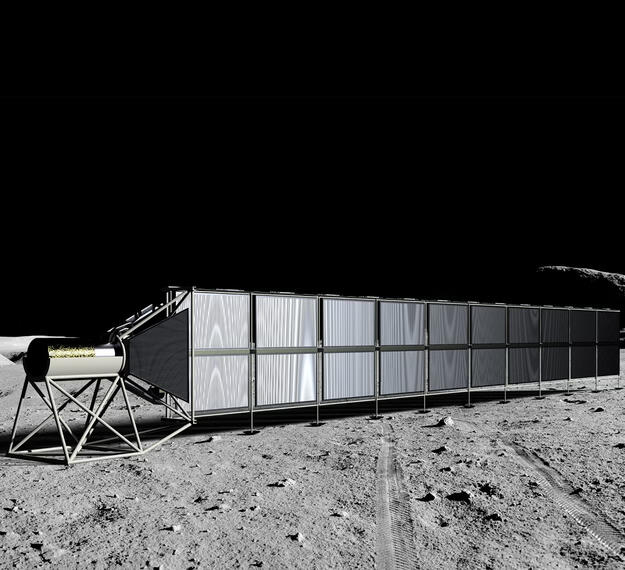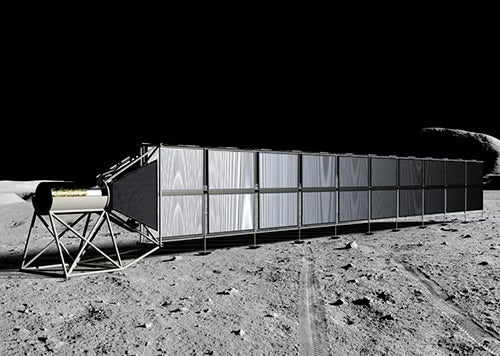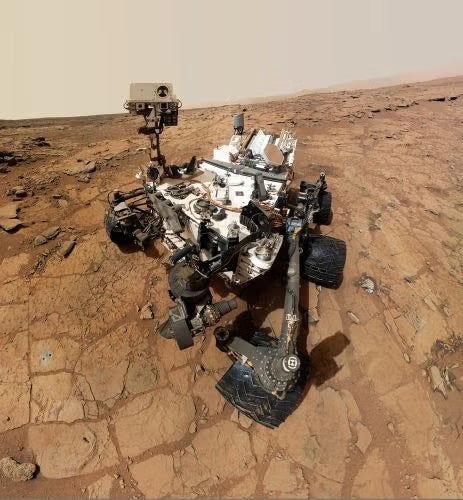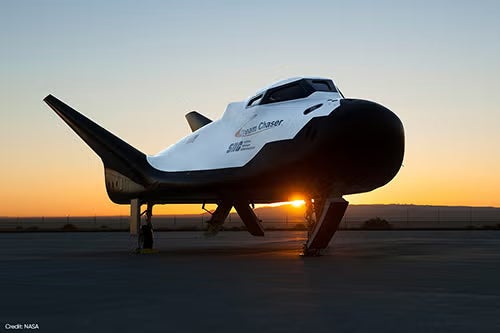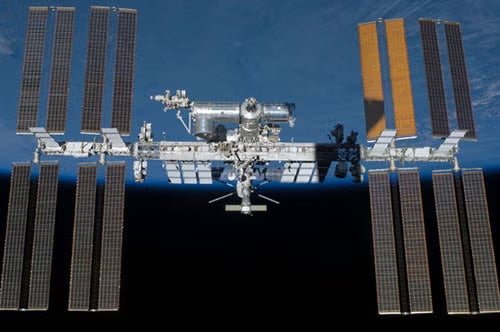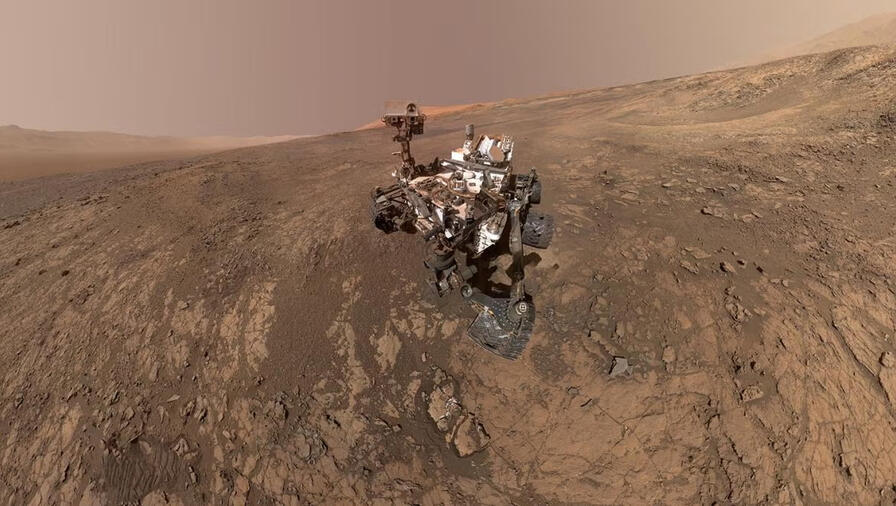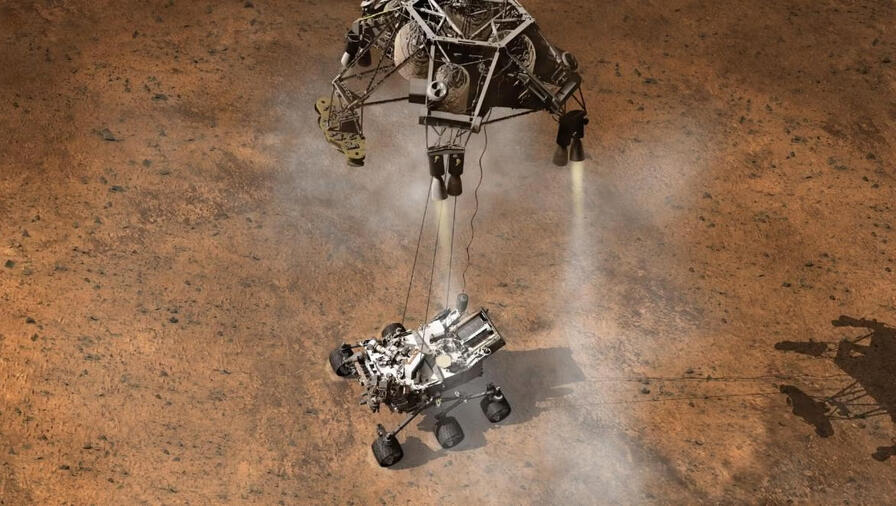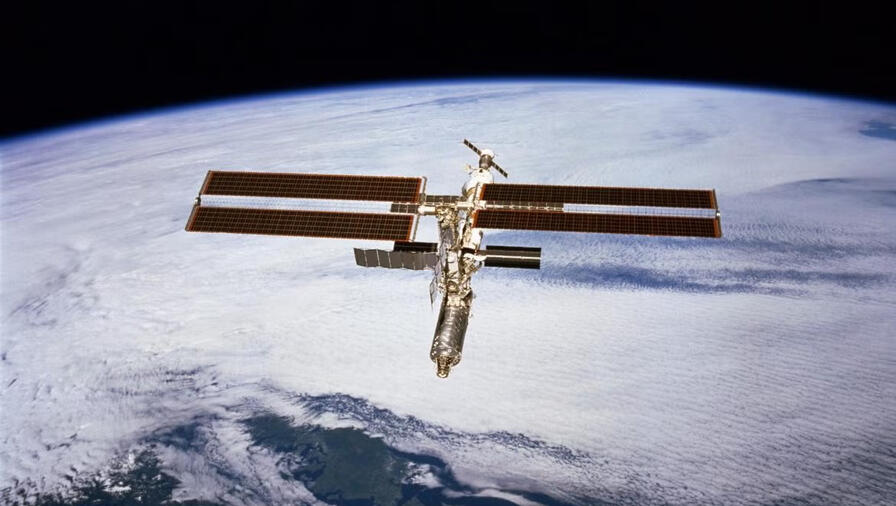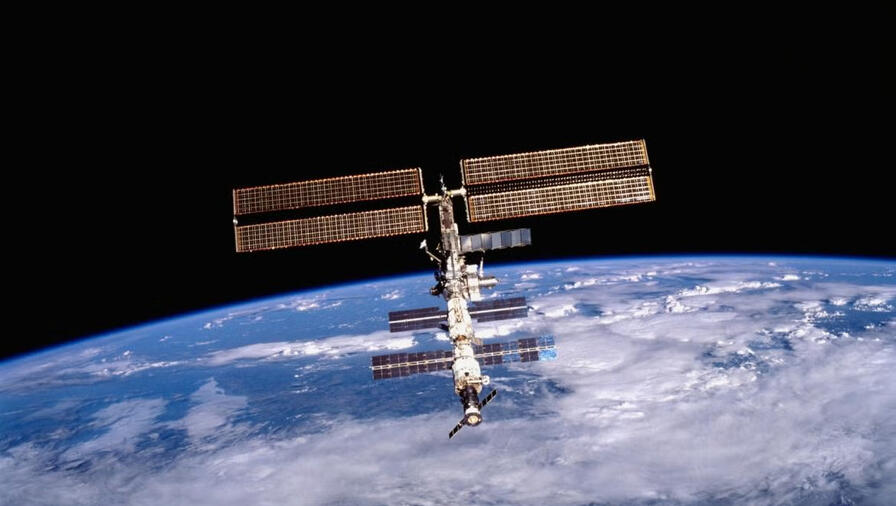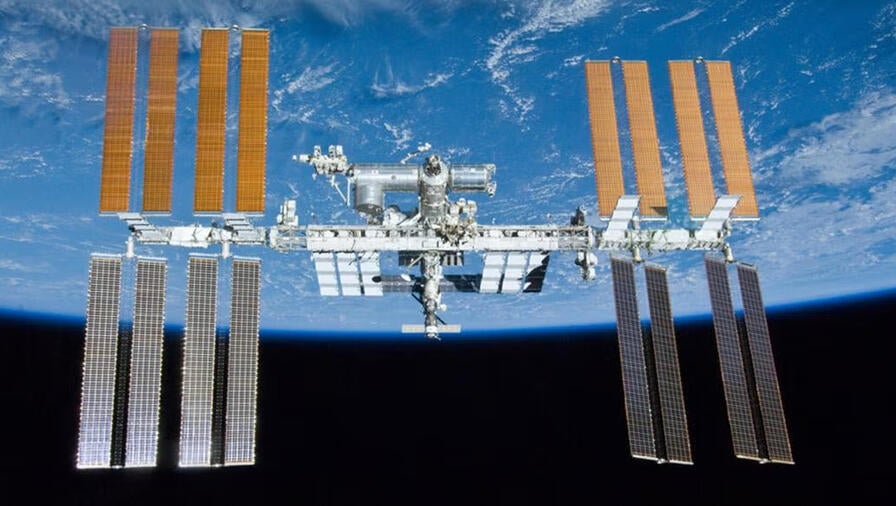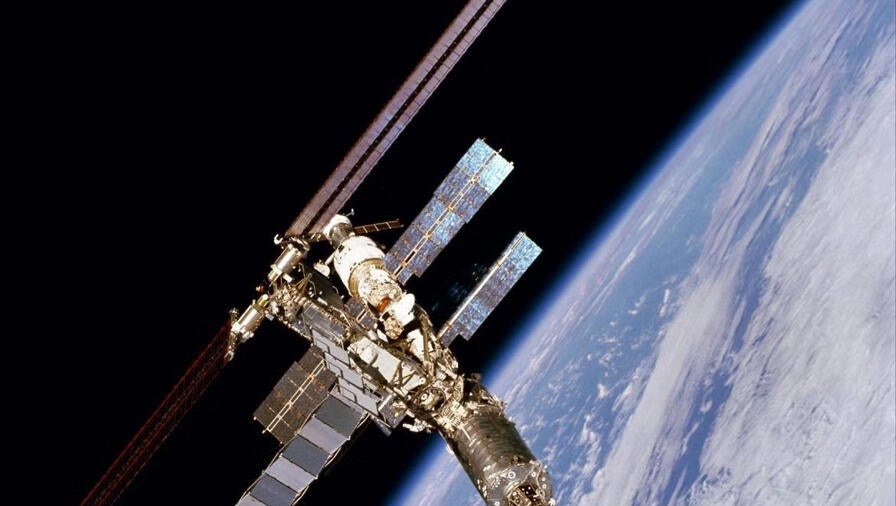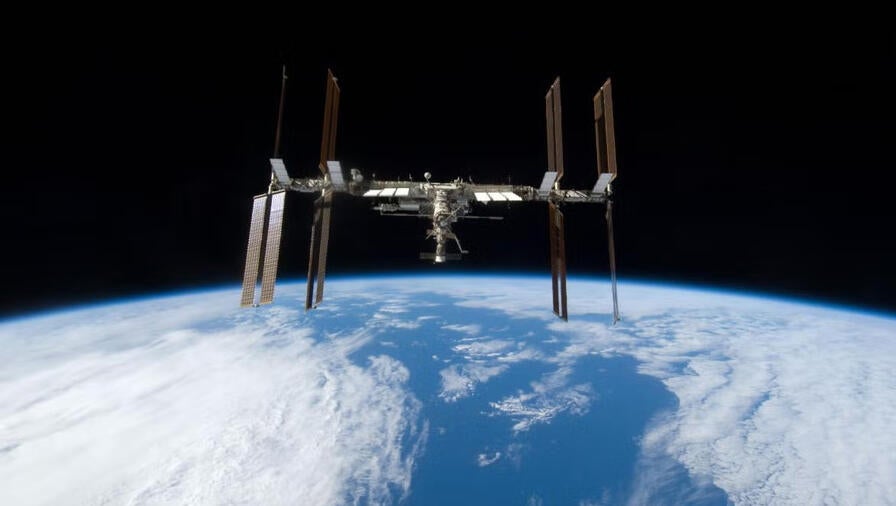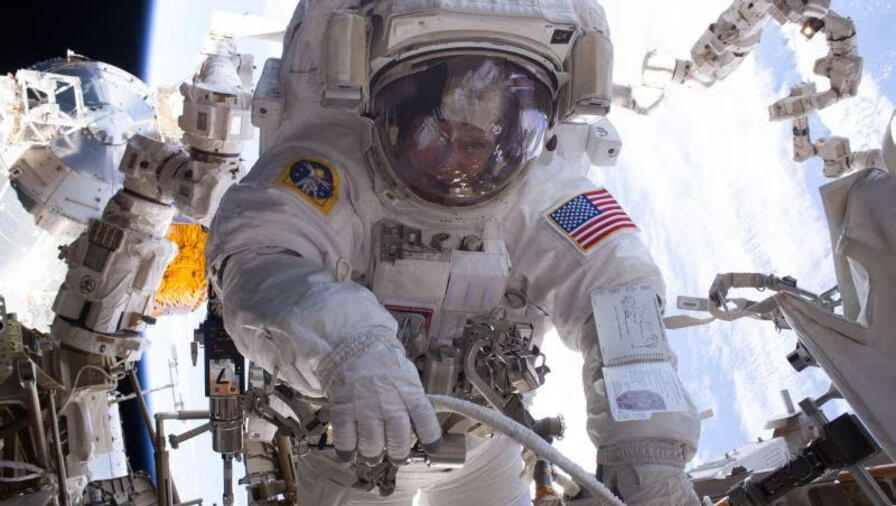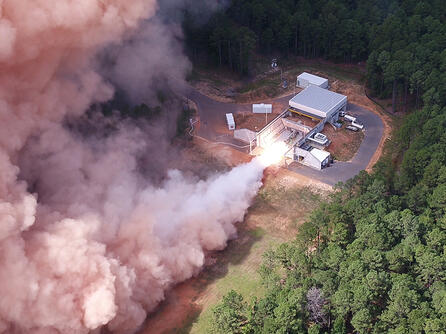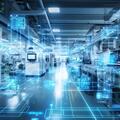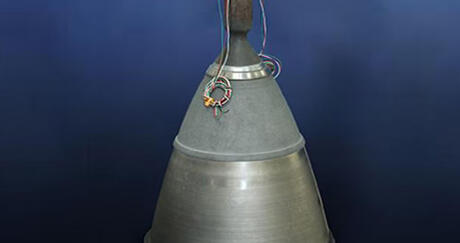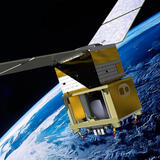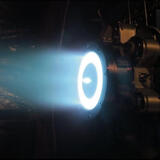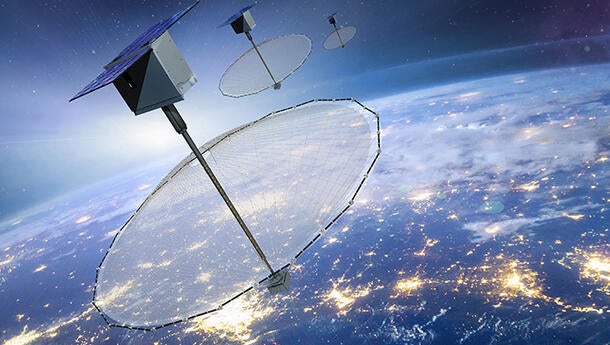L3Harris supplied the power sources for NASA’s Mars Curiosity Rover and Mars Perseverance Rover, enabling them to move around and conduct experiments on the red planet.
The MMRTG is the latest in a long line of RTGs that have powered deep space probes since the 1960s. RTGs use heat from the radioactive decay of plutonium-238 to generate electrical power and to provide thermal stability for spacecraft instruments and mechanical systems. Intended to operate in a range of harsh environments, from the vacuum of deep space to extreme planetary atmospheres, the MMRTG was designed and developed by L3Harris with Teledyne Energy Systems under contract to the U.S. Department of Energy.
Powering Future Deep Space Missions
L3Harris is currently building an RTG that will be launched in 2027 for use on NASA’s Dragonfly mission to Saturn’s moon, Titan.
The company is also under contract to design, build and demonstrate key components for a Next Generation RTG to power future deep space missions, possibly including a proposed probe to the ice giant Uranus.
Designed to operate in a vacuum, the Next Generation RTG is similar to the legacy RTGs that powered relatively recent robotic NASA missions to Saturn and Pluto, but with enhanced safety features and other updates to address obsolescence issues.
